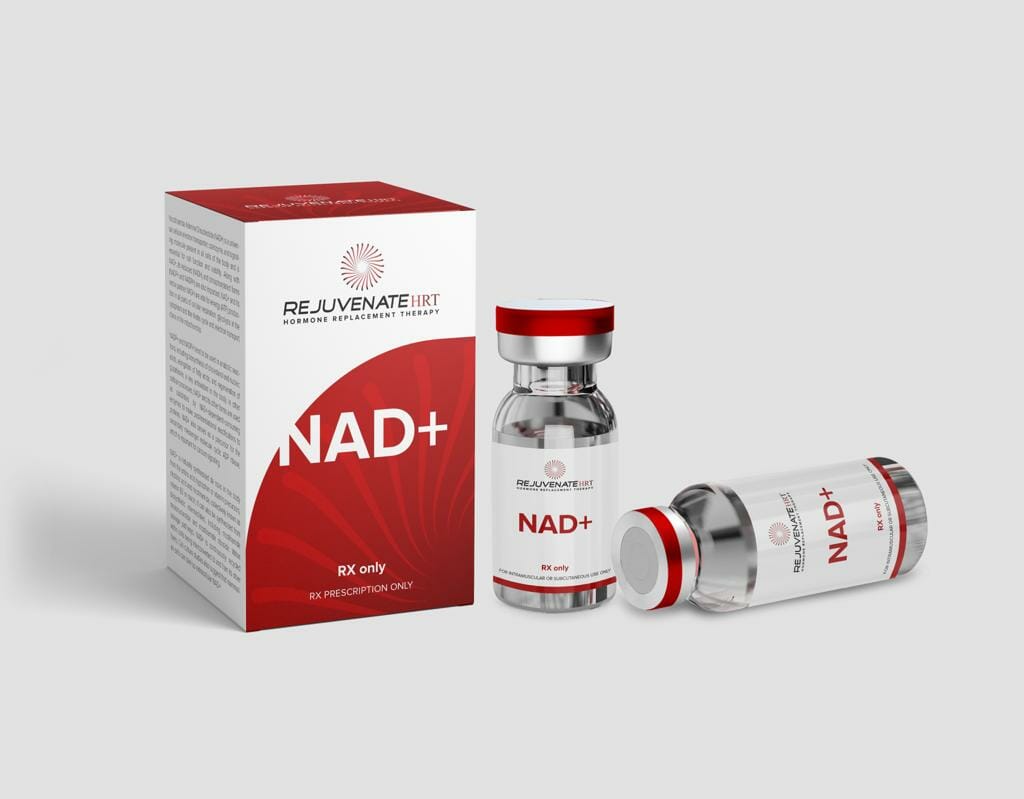Benefits of NAD+
Your body’s cells require a constant supply of energy to function and grow. Your muscles need a constant stream of energy to contract and relax. Your brain needs a constant source of energy to think and remember. In order for your body to obtain this energy, it must first convert carbohydrates, fats, and proteins into glucose. Glucose is needed by cells to perform all of their functions– from growing and repairing themselves, to storing energy as glycogen, and as glucose for future use under less-than-ideal conditions such as when you’re fasting. Once you consume something (such as carbohydrates or protein), your digestive system breaks that substance down into its constituent parts called nutrients or amino acids called tryptophan or nicotinamide, which are called nucleotides in the body. The human body cannot synthesize its own NAD+. Instead the liver produces great quantities of it each day from other substances. When your body needs NAD+, it converts the lesser amounts present in foods like meats, eggs, dairy products and some fruits into more usable forms known as nicotinamide adenine dinucleotide (NAD+). Many people take supplemental forms of these nutrients hoping that doing so will benefit their health; however little scientific evidence exists on whether these benefits outweigh any potential dangers associated with taking super supplements like NAD+.
What is NAD+?
NAD+ is a molecule that’s involved in fundamental cellular processes. It plays an important role in DNA repair, protein synthesis, and cell signaling.
NAD+ is one of the most abundant molecules produced in the human body. Humanity makes NAD+ from many other compounds they consume such as proteins and carbohydrates. When you feed your cells with enough energy, they produce NAD+. The levels of this compound decrease as people age, which can cause a variety of problems for their health like Alzheimer’s disease or Parkinson’s disease (1).
Why is NAD+ so important to health?
NAD+ is needed to convert other nutrients into energy. The more NAD+ that your body has, the more it can metabolize and use nutrients. If your body doesn’t have enough NAD+, then it will not be able to use nutrients; instead they will build up in your cells and cause damage. Without enough NAD+, you might experience fatigue, poor memory, and a host of other symptoms.
NAD+ supplements also help with aging. As we age, our bodies lose their ability to produce NAD+. When this happens, the production of all other forms of energy decreases and oxidative stress increases. This can lead to a host of health complications including DNA damage, cellular senescence, telomere shortening and mitochondrial dysfunction.
The body needs a constant supply of energy for healthy functioning. It uses this energy from nutrients like carbohydrates, fats, or proteins to make glucose which is needed by cells for fuel or as emergency backup should conditions become less than ideal– like when you’re fasting or exercising intensely. Just like any car engine requires gas in order to function well, the body needs sugar (glucose) to power all cellular functions–from growth and repair to storing energy as glycogen and as extra glucose for future use under less-than-ideal conditions such as when you’re fasting. When you eat food such as carbohydrates or proteins, your digestive system breaks down these substances into their constituent parts called nutrients (such as nicotinamide aden
Benefits of NAD+
NAD+ is a coenzyme, or a substance found in living cells that supports other enzymes. It is a critical component of the human body’s metabolic machinery. NAD+ plays an important role in converting food into energy and it also helps with your body’s immune system. As a result of its health benefits and potential risks, supplements of NAD+ are becoming more popular, though they have not been studied enough to make any guarantees.
NAD+ supplementation provides nootropic effects like increased alertness and cognition, which makes it especially beneficial for people suffering from cognitive disorders such as Alzheimer’s disease or Parkinson’s disease. In addition to these effects, NAD+ has anti-inflammatory properties that can be helpful for treatment of cardiovascular diseases like heart failure or atherosclerosis. The research on the long-term benefits of supplements is still limited but it has shown the potential to help you live longer and healthier lives.
It appears that NAD+ supplementation could offer significant health benefits if used properly and safely, but there is currently not enough evidence available to make definite claims about the benefits of taking supplements containing this nutrient.
Safety of NAD+
NAD+ is a common supplement used to promote health and well-being. It has been found to help with mood disorders, including depression, anxiety, and bipolar disorder. This supplement may also be used for the management of chronic stress. Some studies have shown that NAD+ protects against heart attack risk factors such as inflammation and oxidative stress. Additionally, it has been reported that NAD+ can help reduce pain and the side effects of chemotherapy.
The safety of this supplement is unclear because there is little evidence on its potential negative impacts. To date, no adverse reactions or drug interactions have been reported in humans who take this supplement. However, researchers did find that a group of animals experienced an increase in liver weight when they were injected with nicotinamide riboside– an inactive form of NAD+. Because researchers are not sure if this side effect will occur in humans who ingest this supplement, they recommend people to consider their potential negative impacts before starting to take it.>>END>>
Recommended dosage of NAD+ for Health Improvement
The Institute of Medicine recommends a dosage of between 400-800mg per day for adults. The recommended dosage for children is between 2-6mg, which is not enough to provide any health benefits.
NAD+ supplements are very common in the market and are meant to help with a variety of symptoms relating to aging or chronic disease. They’re good at providing energy and support the production of ATP, which is what your body uses to power cells in various muscle groups– including the heart, brain and muscles– as well as your immune system. However they don’t have any proven medical benefits. There is no definitive research on whether these supplements can help with a wide array of health conditions such as diabetes, cancer and autoimmune diseases like lupus and multiple sclerosis.
Side effects of NAD+
NAD+ is a super nutrient that has many benefits. It’s important to remember that taking too much of it can have side effects, including headaches and dizziness.
NAD+ is present in every cell in the body, including your brain cells. One way it helps with brain health is by helping prevent age-related physical changes such as dementia and Alzheimer’s disease. Its role in the prevention of these diseases is still largely unknown.
However, it does not come without risks: excessive intake of NAD+ can lead to positive changes in the blood alcohol level and balance problems associated with “heavy” drinking. Although some studies have shown that it may protect against radiation exposure, other studies show that high levels of NAD+ may be linked to increased risks for cancer.
Summary
NAD+ is a naturally occurring substance that functions in the body as the ultimate energy source. When your body needs NAD+, it converts lesser amounts present in foods like meats, eggs, dairy products and some fruits into more usable forms known as nicotinamide adenine dinucleotide (NAD+). Many people take supplements hoping that doing so will benefit their health; however little scientific evidence exists on whether these benefits outweigh any potential dangers associated with taking super supplements like NAD+.


